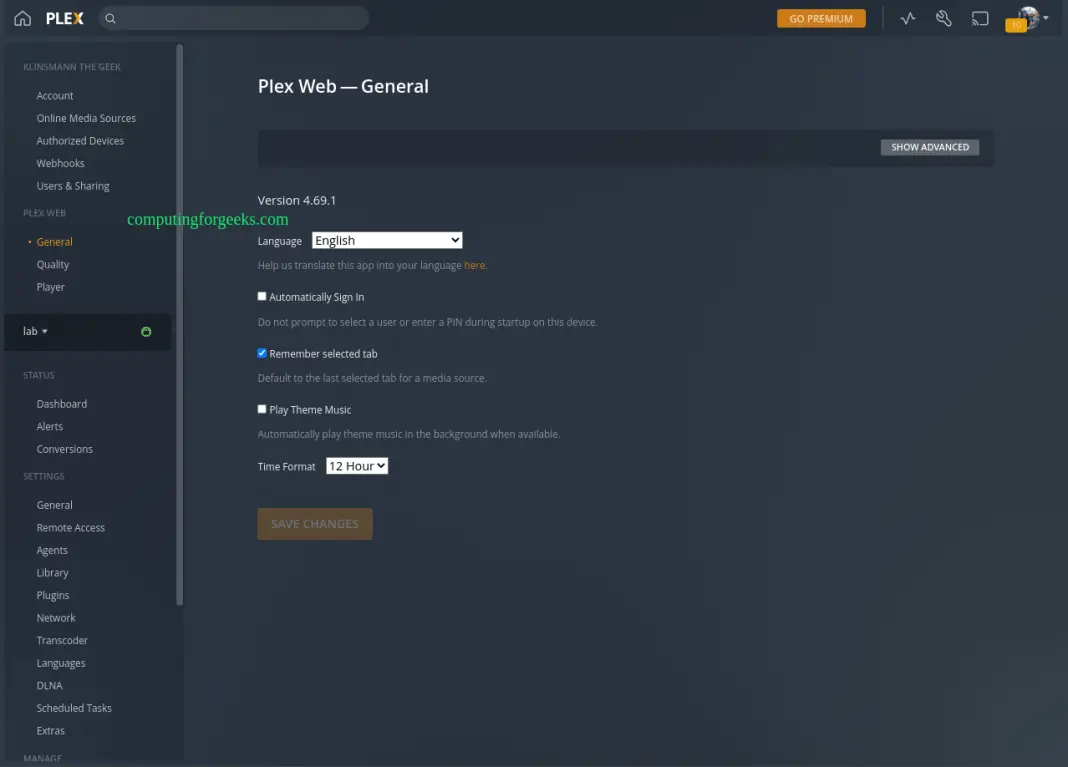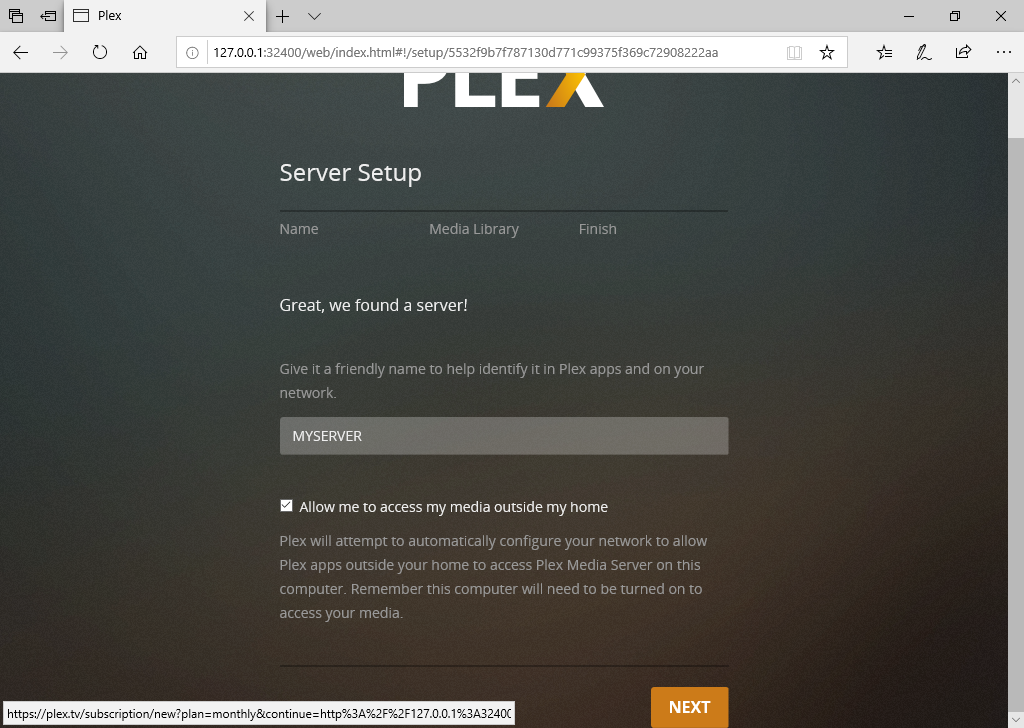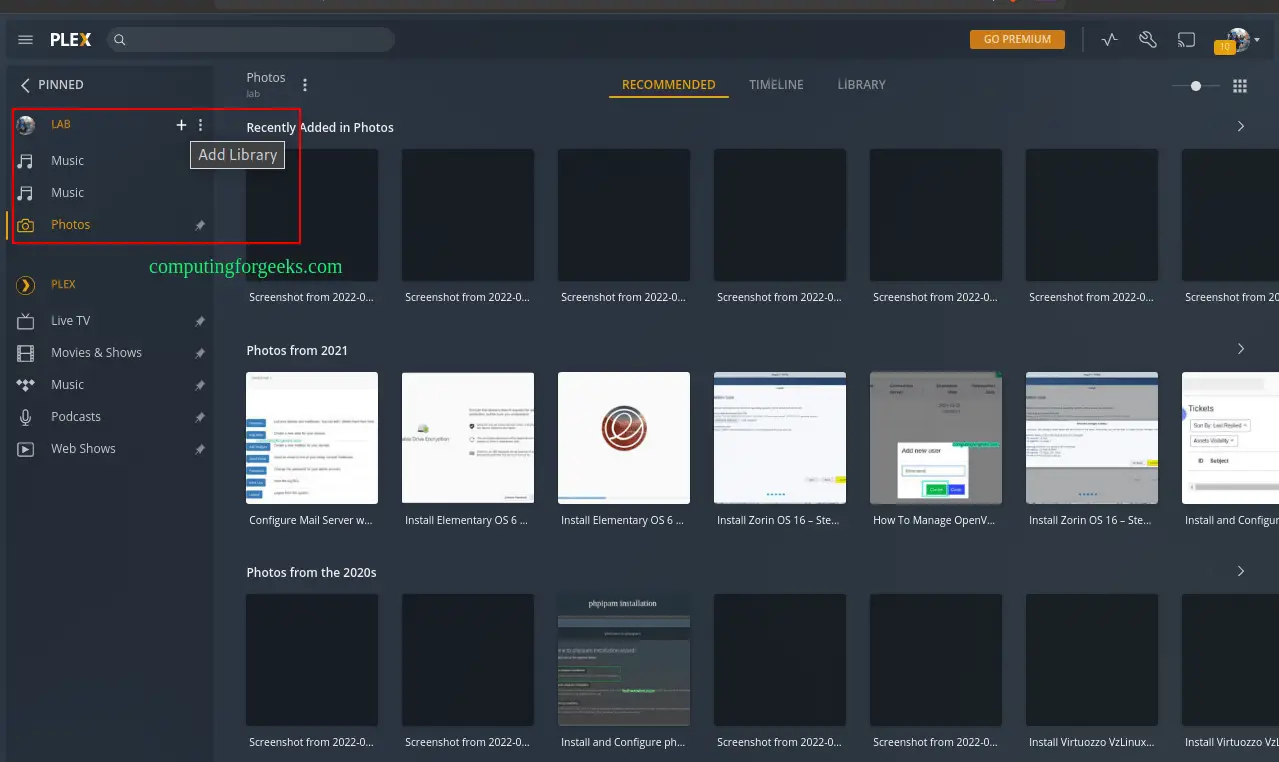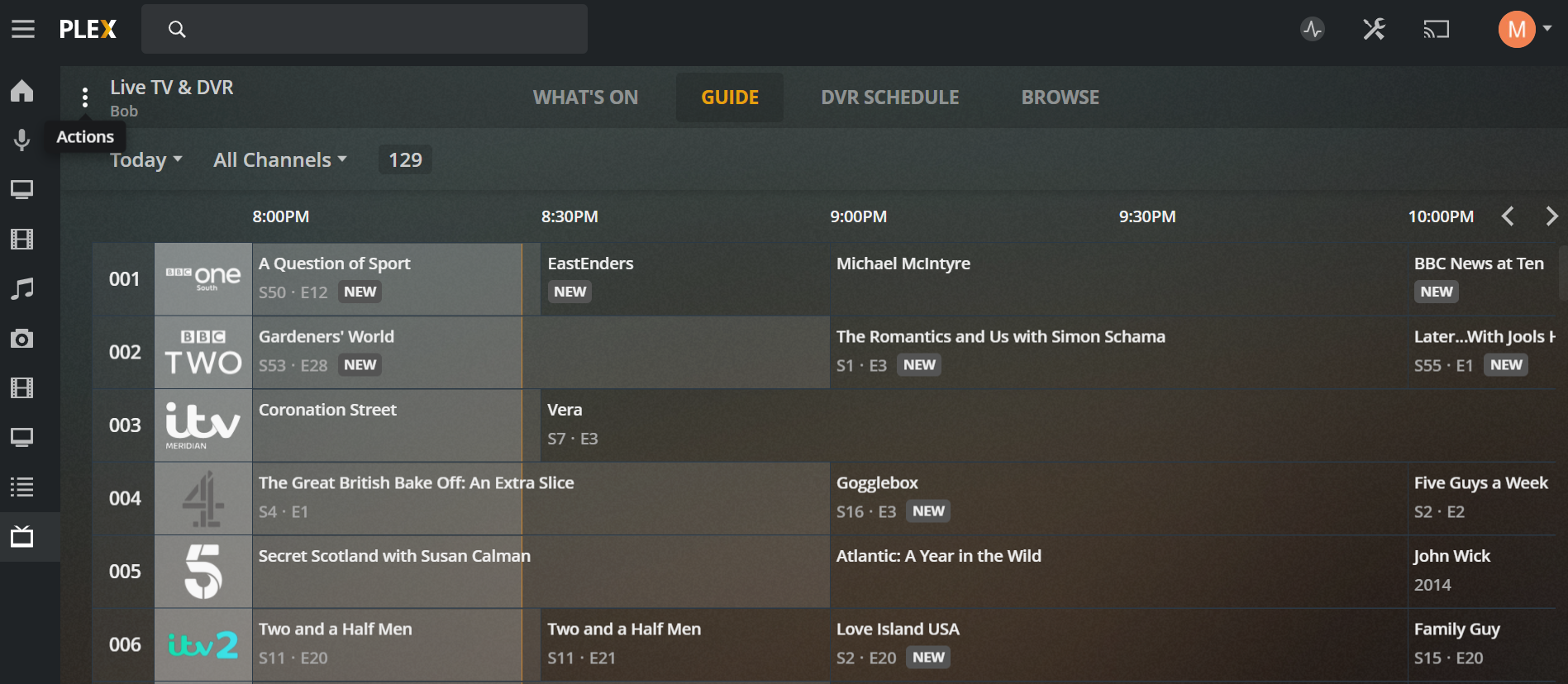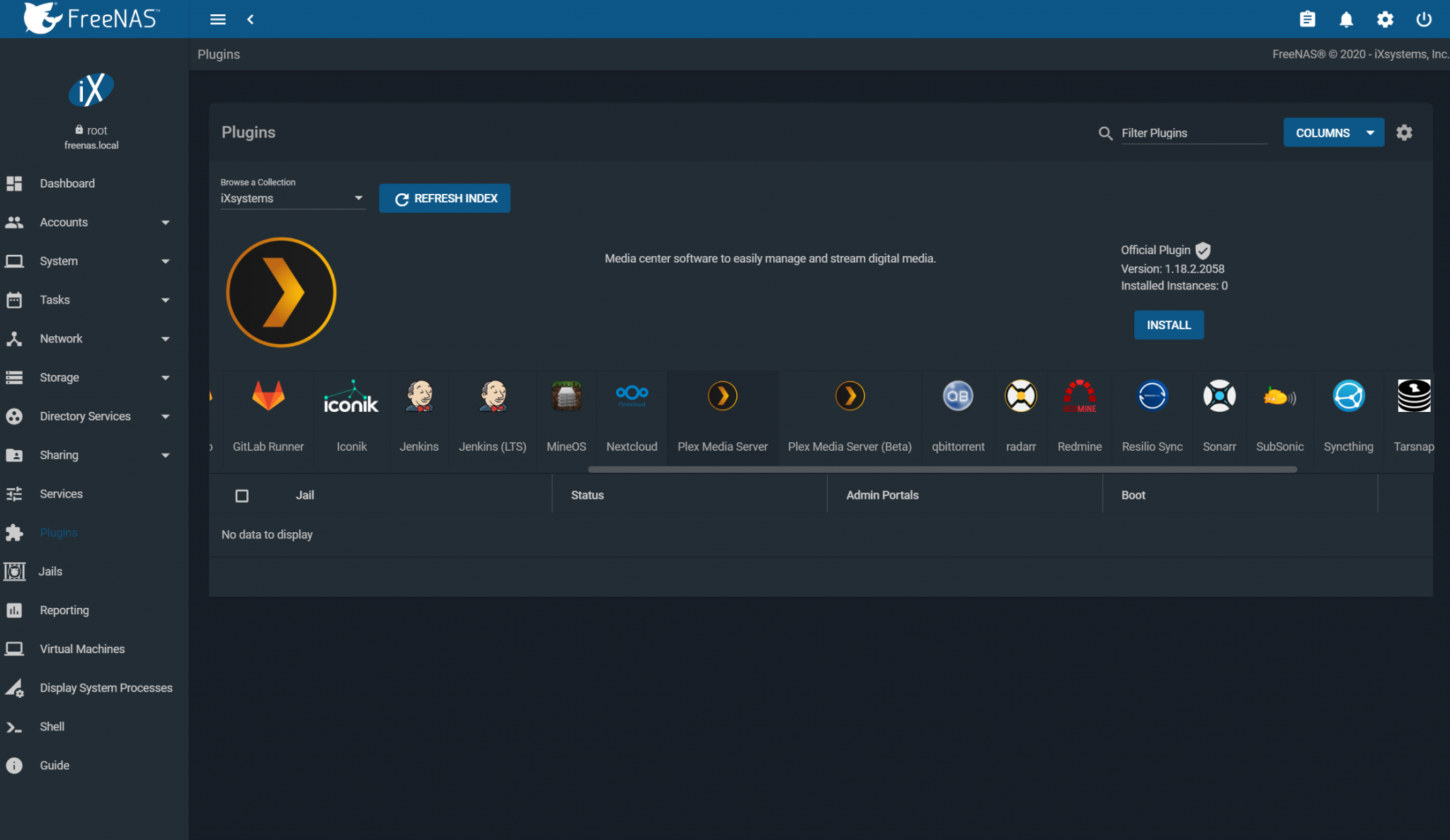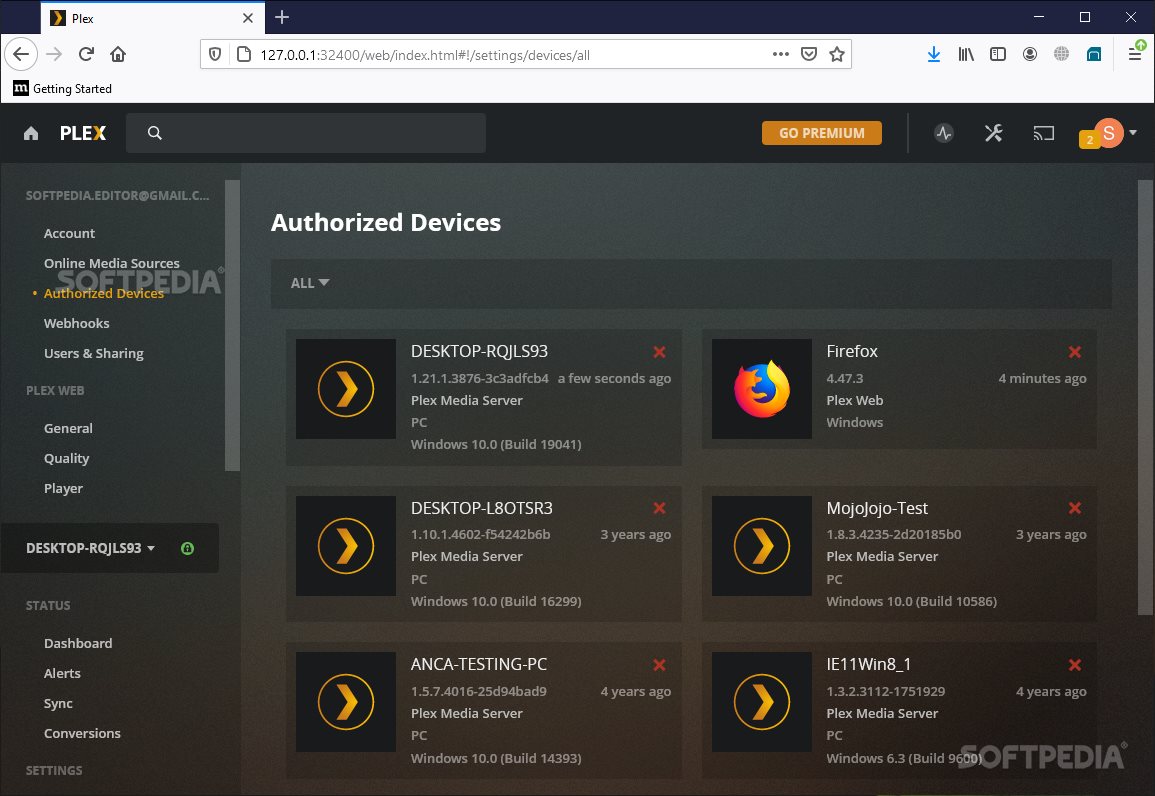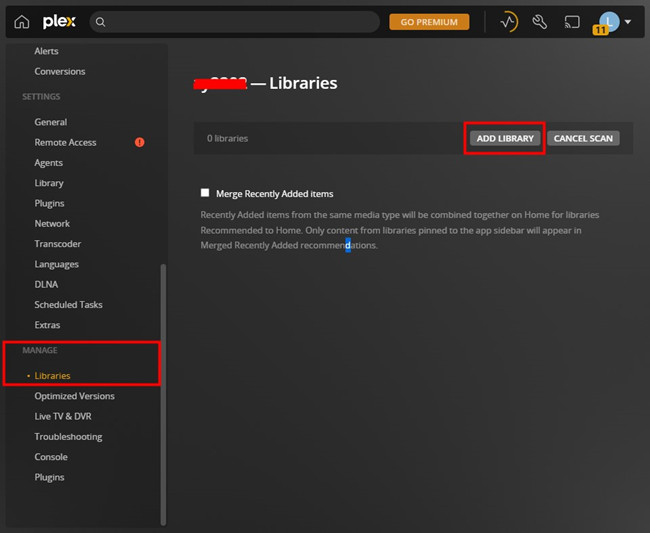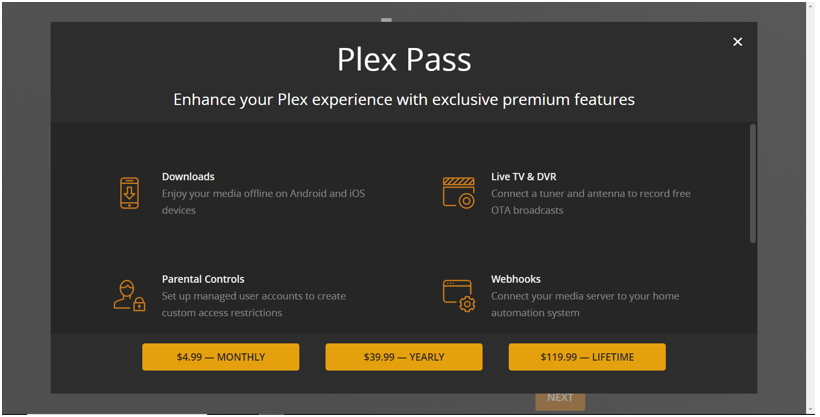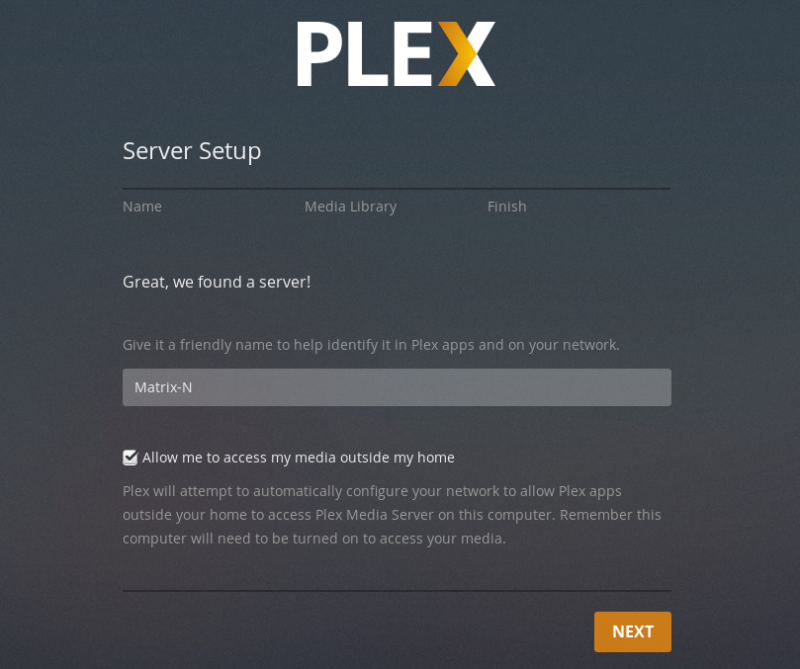Best Way To Run Plex Server

Streaming your personal media library with Plex is a fantastic way to enjoy your movies, TV shows, and music on any device, anywhere. But the key to a smooth, buffer-free experience lies in choosing the right hardware to run your Plex Server. This guide helps value-conscious shoppers navigate the options and find the best solution for their needs.
Why Choose the Right Plex Server?
A poorly configured or underpowered Plex Server can lead to frustrating playback issues like buffering, transcoding errors, and sluggish performance. Investing in the right hardware ensures smooth streaming, supports multiple users, and allows you to fully utilize Plex's features.
This article will help you understand the key considerations when selecting a Plex Server. We'll cover different hardware options, performance benchmarks, and practical factors to help you make the best choice for your budget and requirements.
Shortlist of Plex Server Options
Here's a quick overview of some popular options, categorized by budget and performance:
- Budget-Friendly: Raspberry Pi 4, Used Desktop PC
- Mid-Range: Intel NUC, Mini PC, Prebuilt NAS
- High-End: Custom-Built PC, High-End NAS
Detailed Reviews
Raspberry Pi 4
The Raspberry Pi 4 is an excellent entry-level option for those with a limited budget. It's a compact and energy-efficient device that can handle basic Plex Server tasks.
However, it's limited by its processing power and RAM, making it unsuitable for transcoding high-resolution video or serving multiple users simultaneously.
Used Desktop PC
Repurposing an older desktop PC is a cost-effective way to get a more powerful Plex Server. You can often find used desktops with decent processors and ample storage for a fraction of the cost of new hardware.
Be mindful of power consumption and noise levels, as older PCs may not be as efficient or quiet as newer options.
Intel NUC
Intel NUCs are compact and powerful mini PCs that offer a good balance of performance and energy efficiency. They are a popular choice for Plex Server setups.
They generally offer better processing power than a Raspberry Pi and can handle transcoding more effectively, but they can be more expensive.
Mini PC
Similar to Intel NUCs, other Mini PCs from brands like Beelink, Minisforum, and GMKtec are good options for Plex. These often offer very competetive performance for the price.
Research each Mini PC before committing as the parts inside like the processor and ram, can be limiting factors.
Prebuilt NAS (Network Attached Storage)
A NAS device is designed specifically for storing and serving files over a network. Many NAS models include Plex Server support, making them a convenient all-in-one solution.
NAS devices often offer features like RAID for data redundancy and easy storage expansion. The performance can vary significantly depending on the model.
Custom-Built PC
Building your own PC allows you to tailor the hardware to your specific Plex Server needs. You can choose a powerful processor, ample RAM, and plenty of storage.
This option offers the most flexibility and potential performance, but it requires some technical knowledge and can be more expensive than other options.
High-End NAS
For users with large media libraries and demanding streaming needs, a high-end NAS is a worthwhile investment. These devices offer powerful processors, ample RAM, and advanced features like hardware transcoding.
They can handle multiple simultaneous streams and transcode high-resolution video with ease. However, they are the most expensive option on the list.
Side-by-Side Specs and Performance Table
| Device | Processor | RAM | Storage | Transcoding Performance | Approx. Price |
|---|---|---|---|---|---|
| Raspberry Pi 4 | Broadcom BCM2711, Quad-core Cortex-A72 (ARM v8) 1.5GHz | 2GB - 8GB | External USB Drive | Limited (Single 720p stream) | $50 - $100 |
| Used Desktop PC | Varies (Intel i5 or AMD Ryzen 5 recommended) | 8GB - 16GB | Internal HDD/SSD | Good (Multiple 1080p streams) | $100 - $300 |
| Intel NUC | Varies (Intel i5 or i7 recommended) | 8GB - 32GB | Internal SSD | Excellent (Multiple 4K streams) | $300 - $700 |
| Prebuilt NAS | Varies (Intel Celeron or higher recommended) | 4GB - 16GB | Internal HDDs (Multiple bays) | Moderate to Good (Depending on model) | $200 - $1000+ |
| Custom-Built PC | Varies (Intel i5/i7/i9 or AMD Ryzen 5/7/9) | 16GB - 64GB+ | Internal SSD/HDD | Excellent (Unlimited) | $500+ |
Note: Transcoding performance depends heavily on the specific hardware configuration and the quality of the source video. Prices are approximate and may vary.
Practical Considerations
Beyond raw performance, consider these practical factors:
- Power Consumption: How much electricity will the device use? This is particularly important if you plan to run your Plex Server 24/7.
- Noise Level: A noisy server can be disruptive, especially if it's located in a living room or bedroom.
- Storage Capacity: How much storage space do you need for your media library? Consider future growth as well.
- Network Connectivity: Ensure your server has a stable and fast network connection. Gigabit Ethernet is recommended.
- Software Support: Check if the device supports the latest version of Plex Server and receives regular software updates.
Summarizing Key Points
Choosing the best Plex Server involves balancing performance, budget, and practical considerations. A Raspberry Pi 4 is a good starting point for basic streaming, while a used desktop PC offers more power at a low cost. Intel NUCs and NAS devices provide a convenient and energy-efficient solution for most users.
For demanding users, a custom-built PC or high-end NAS offers the best performance and flexibility. Before making a decision, assess your specific needs, consider your budget, and weigh the pros and cons of each option.
Call to Action
Ready to build your ultimate Plex Server? Carefully evaluate your specific needs and budget, and choose the hardware that best fits your requirements. Start streaming your media library today!
Frequently Asked Questions (FAQ)
What is transcoding?
Transcoding is the process of converting a video file from one format to another. Plex Server transcodes video when your device doesn't support the original format or when the network connection is too slow.
How much RAM do I need for a Plex Server?
8GB of RAM is generally sufficient for most Plex Server setups. However, if you plan to transcode multiple streams simultaneously, 16GB or more may be necessary.
Can I use an external hard drive with a Plex Server?
Yes, you can use an external hard drive to store your media files. However, an internal drive generally offers better performance and reliability.
Do I need a Plex Pass subscription?
A Plex Pass subscription provides access to premium features, such as hardware transcoding and offline downloads. It's not required to run a basic Plex Server, but it can enhance your experience.
How do I set up a Plex Server?
The Plex website offers detailed instructions on how to download and install the Plex Server software and configure your media libraries.


